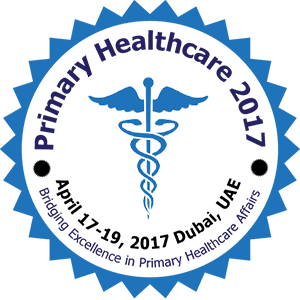Biography
Biography: Neeraj Bedi
Abstract
The role of health informatics is becoming significantly crucial in every part of the health sector. Rapid advancement in information technology has made it mandatory as well desirable to use e-Health in patients care and in public health. The main issues in providing patients care arise from incomplete information, exchanging the information, duplicating investigations and monitoring the response to treatment. Accordingly WHO has set goals of comprehensive patients’ information including investigations; treatment accessible at all places by health care providers irrespective of the location, to be achieved by 2012. The use of ICT in the form e-Health technology in health care sector can help achieving this target. The e-Health components includes Electronic Medical Records (EHR), Electronic Health Records (HER), Electronic Personal Health Records (PHR), Tele health, telemedicine, m-health i.e. use of mobile smart i-phone apps for health purposes and e-learning. The e-Health improves the efficiency, equity, the quality of health care, empower consumers and patients, encourages bonding, educates , enabling the information exchange and take care of Ethical issues in health care. The impact of e-Health on stakeholders enables them to have health care available at home, at work or in school. It focuses on prevention, education and self-management, availability of complete information and improves patients’ safety. Medical researchers and Policy makers i.e. Government too derive benefits by e-Health. At International level Australia, Canada, USA and most European countries have adapted the use of e-Health in health care. In India too the beginning has been made by corporate group of hospitals /private hospitals and Government has also initiated e-Health plan but still a long journey ahead to implement e-health in entire country.

